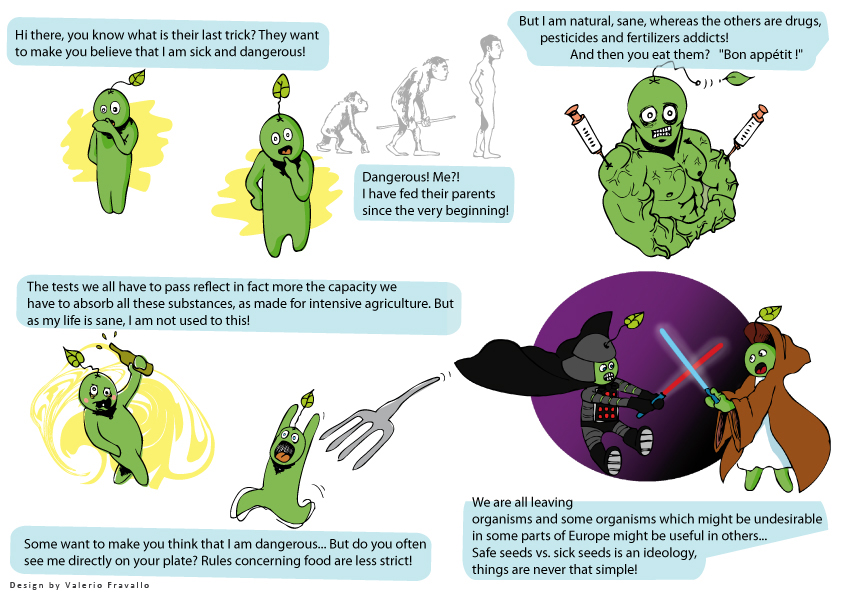I haven’t been writing much lately, and I have lots of things to catch up on. In the coming days and weeks I’ll start working on my backlog.
I’m sorry there have been some availability issues over the last few days. I’ve switched to a service called Cloud Flare, and a configuration error meant the blog was unreachable for 48 hours or so. One of the consequences of this change is the URL now has www in front. Not my preference really, but a requirement of the current setup. They say they are working on a technical solution so the www isn’t necessary, and when this happens, I will probably remove it again.
This change to an address with www caused the RSS feed to reset, so most of you probably got an announcement for new posts, even though they were just the old ones.
The reason for Cloud Flare is twofold. First, now the blog is ‘in the cloud’, and is faster. Not really exciting actually, but faster is better than slower! The second reason are some security enhancements. I’ve written before about hacking on this blog, and it’s really a serious problem. Twice the blog has effectively be infected with malware, and went down for a period of time. The source of this hacking is no secret. Cloud Flare provided this nice graphic that illustrates the point well, for a representative 24 hours on my blog:
In case you thought all hacking on the Internet originated in Mongolia, there you go! It’s really the US.
In this case, I’m pretty sure you can think Edward Snowden and NSA.
This hacking comes together with spam, either written in American English, from 10 years ago — mostly about tired things like Viagra, or it’s written in other languages and if you put them through Google translate, they translate like they were written in American English. The spam follows all of the US rules for decency; like no 4-letter words but otherwise explicit language. There’s absolutely no sensitivity to foreign cultures incorporated into the spam, and likewise no racial slurs or attacks on the cultures of others. It’s incredibly obvious it all comes from the same source.
This also seems to go along with accusations that the US government forces software developers to put back doors into their products. WordPress as well as PHP and Apache all seem to have a lot of obvious back doors that are not difficult to exploit.
For those of you aware of Internet issues, it’s also related to the US refusing to give up control of IANA, the authority that issues Internet address, which means the US has access to enough IP addresses in obscure places and embedded into the address space of others, that using filters to control the hacking is all but impossible.
Some of you may encounter problems leaving a comment or reaching the blog, because I do some IP filtering. If Cloud Flare reduces the problem enough, I will take off my own filters and hopefully make the blog more accessible to more people. In any case, please let me know if you have problems like this, so I can try to fix it.
Anyway, Cloud Flare has a system that monitors all of it’s customers websites simultaneously for hacking activity, and when it detects this, it filters those IP addresses for everyone else. This is really the only defence against this kind of hacking, so let’s hope we see an improvement. Already I’m a little doubtful. I see a reduction in hacking, but it’s still pretty heavy. A reduction is still better than nothing!




